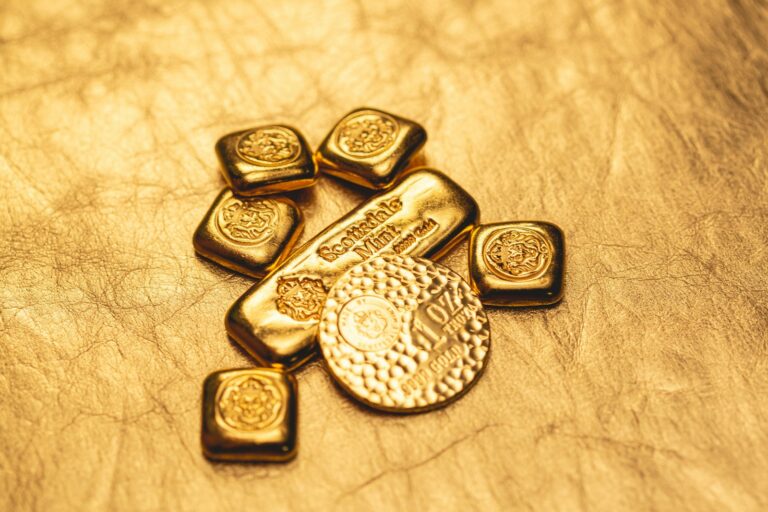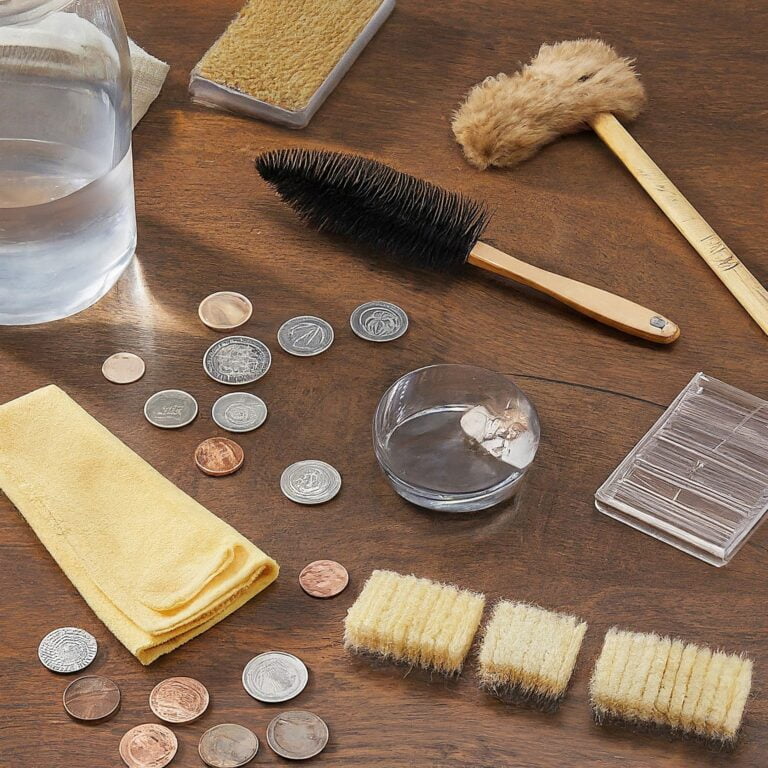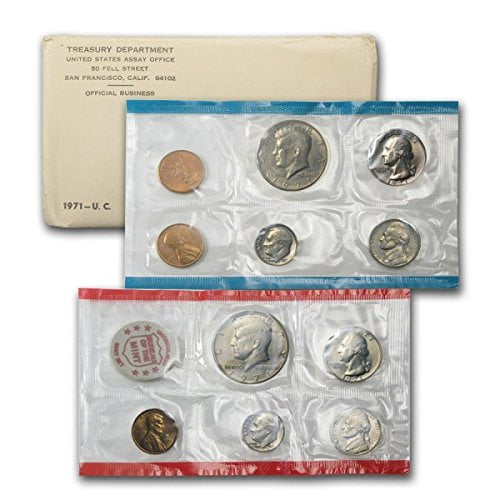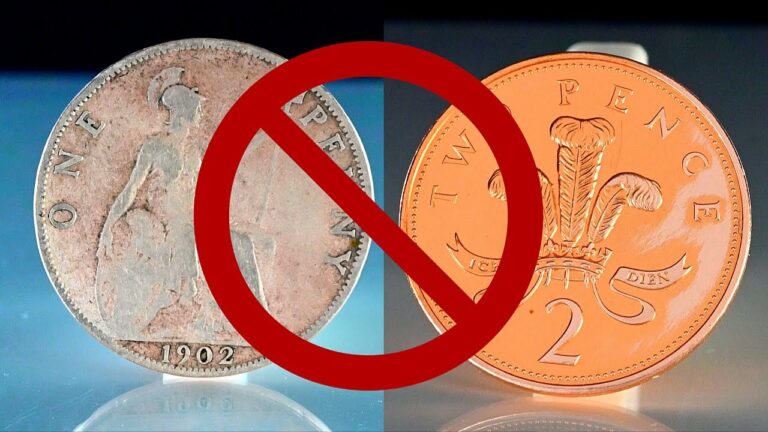Your Guide to Evaluating, Cleaning, and Selling Your Coins
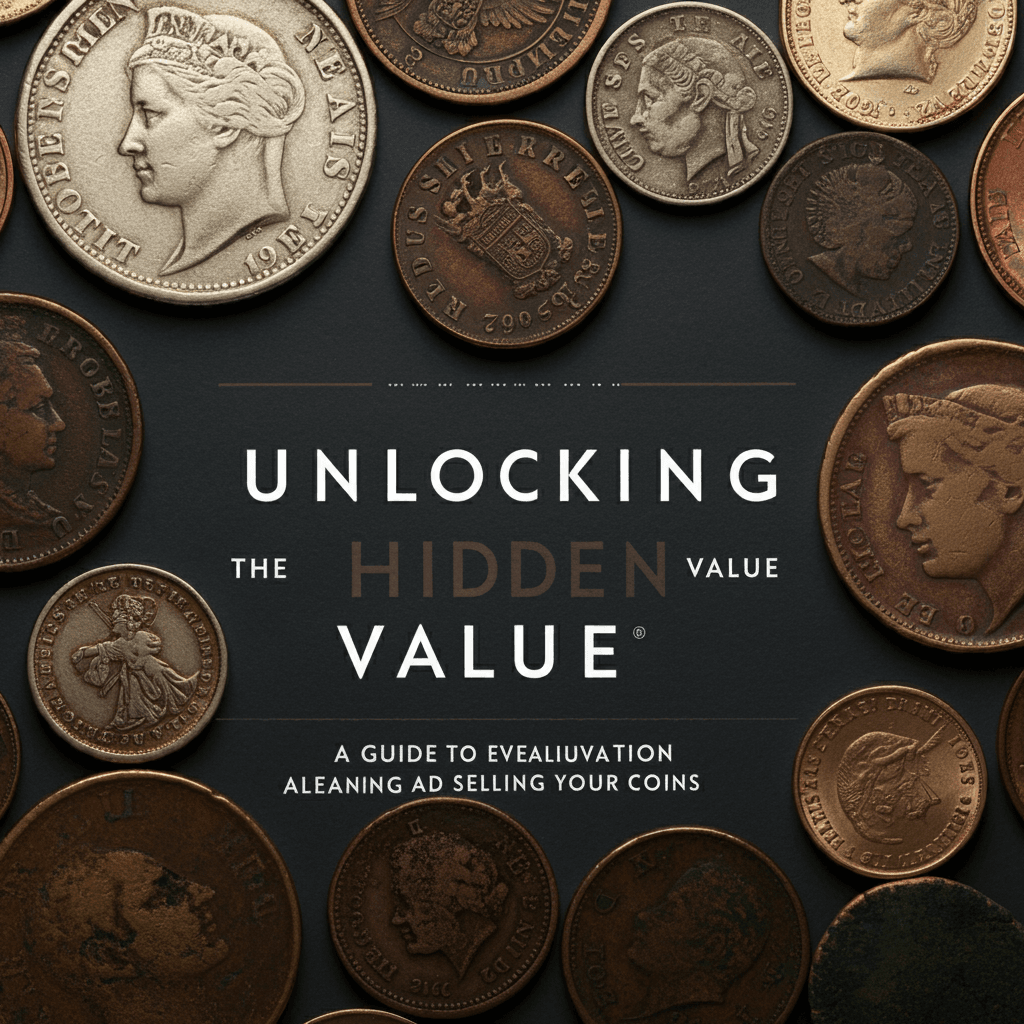
Have you recently come across a collection of old coins, maybe some shiny copper or silver pieces, and felt a rush of excitement? You’re not alone! Many enthusiasts stumble upon coins that tell stories of the past. Whether you’ve inherited them, found them while exploring, or simply bought them out of curiosity, understanding how to handle your coins can be quite rewarding.
Step 1: Assessing Your Collection
First things first, take a moment to evaluate what you have. Look closely at each coin and note its condition. Is the writing visible? Are there any noticeable marks or blemishes? Here are some key factors to consider:
- Condition: Coins are graded based on their wear and tear. The better the condition, the higher the value. Familiarize yourself with grading systems like the Sheldon Scale, which ranges from 1 (poor) to 70 (perfect).
- Rarity: Some coins are more valuable simply because they are rare. Research their history and look for any unique features.
- Demand: Keep in mind that value can fluctuate based on collector demand. What’s hot today might not be tomorrow!
Step 2: Researching Your Coins
Once you have an idea of your coins’ condition and rarity, it’s time to do some detective work. Use online resources, books, and forums to find similar coins and their values. Websites like NumisMedia and CoinMarketCap can give you a good starting point. Don’t hesitate to reach out to local coin dealers or collectors for advice, too!
Step 3: Cleaning Your Coins
Now, let’s talk about cleaning. While it may be tempting to make those coins shine, cleaning them improperly can actually reduce their value. Here are some gentle methods to consider:
- Light Cleaning: If your coins are dirty, rinse them with distilled water. Avoid soap, as it can leave residue.
- Drying: Pat them dry with a soft cloth. Never rub the surface, as this can scratch the coin.
- Avoid Abrasives: Stay away from harsh chemicals or abrasive cleaners. They can damage the coin’s surface and lower its value.
Step 4: Storing Your Coins
Proper storage is essential to maintain your coins’ condition. Here’s how to do it right:
- Use Holders: Consider using coin holders, albums, or flips made of inert materials. Avoid PVC products, as they can cause damage over time.
- Temperature Control: Store your coins in a cool, dry place. Avoid areas with high humidity or extreme temperatures.
- Handle with Care: Always handle your coins by the edges to avoid leaving fingerprints on the surface.
Step 5: Selling Your Coins
Finally, if you decide it’s time to part with your coins, you have a few options:
- Local Coin Dealers: They can offer you a price based on their assessment, but be prepared for them to offer less than market value since they need to make a profit.
- Online Auctions: Websites like eBay allow you to reach a wider audience. Make sure to provide clear photos and descriptions.
- Coin Shows: Attending coin shows can be a great way to meet potential buyers and get direct offers.
Before selling, always do your homework on current market trends to ensure you get a fair price. Remember, some coins can be worth much more than their face value, and patience is key!


